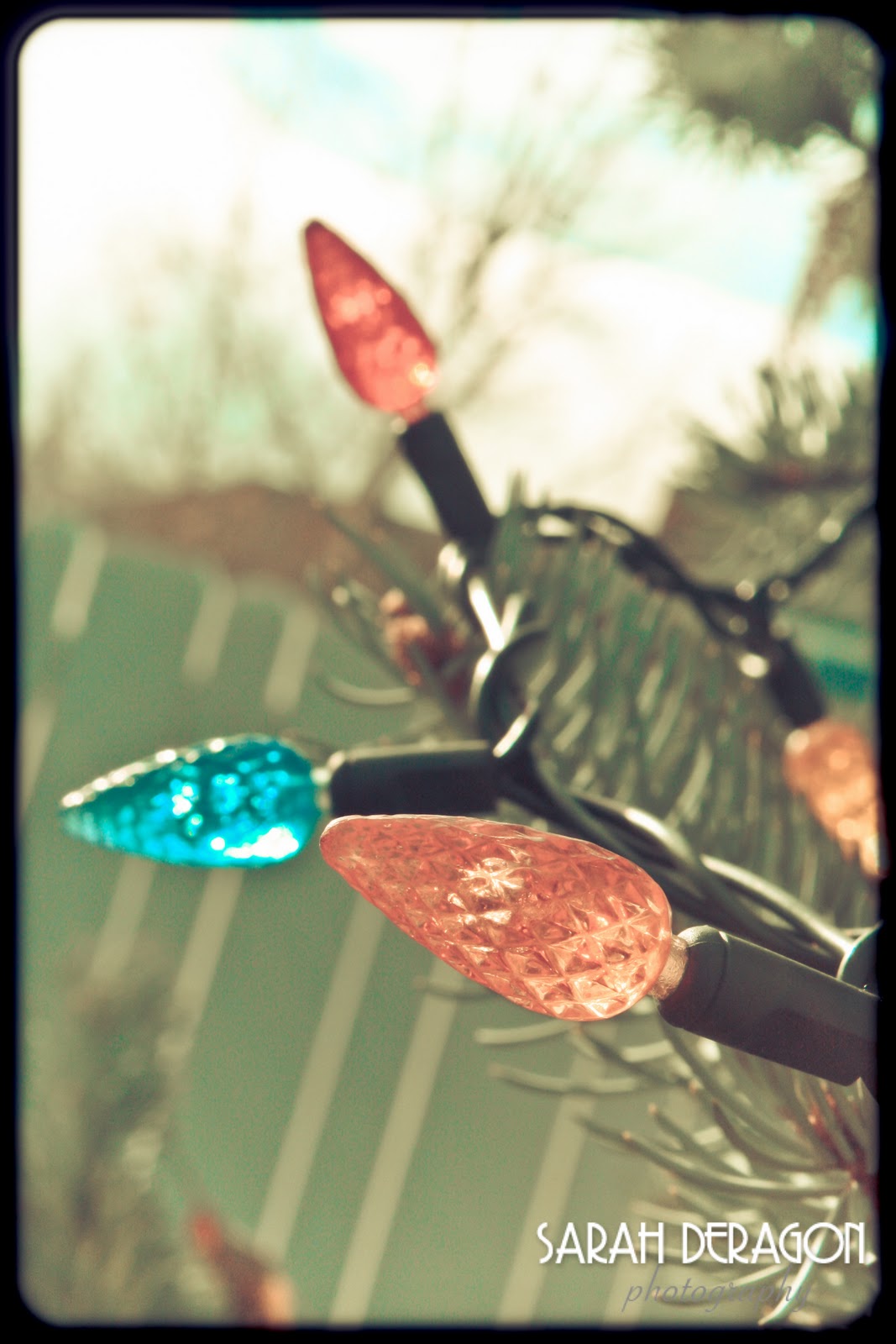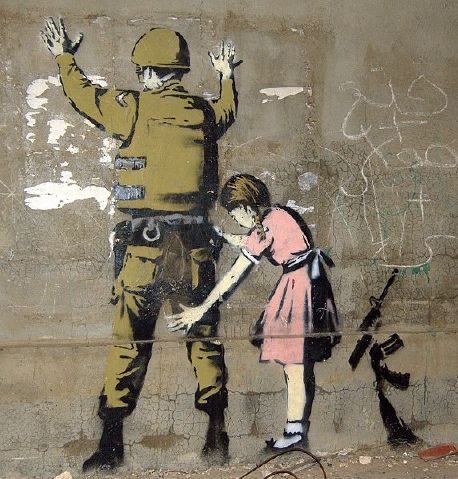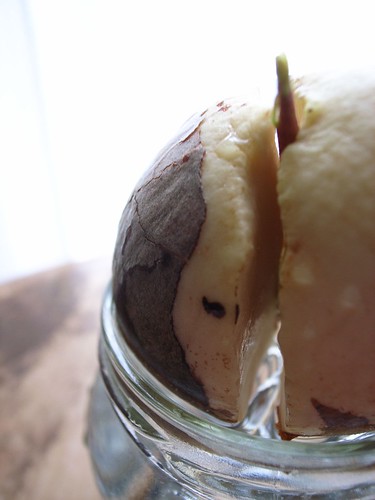
Love this picture of Sarah Deragon's -- brings me right home. (Click on the image to see more of her amazing work!)
It feels like this was a very long weekend — partly because I actually weekended for most of it. I was off of my computer all day yesterday, didn’t sit down in front of it one time, barely even went into the office. There was baking and party-prep on Friday, Writing the Flood and then a wonderful gathering with good friends on Saturday, and yesterday was a full day off: movies and cookies (with a couple of errands thrown in, just to get out of the house).
During the errand running, we had to make a stop at OSH. When we came out of the store and back to the car, there was a young boy hanging out at the new Prius next to ours, opening and closing the doors. I came around to the passenger side of our car, next to him, said hello, looked for his people. He was there alone, and it became clear that he was developmentally delayed. The Mr went back into the store to look for his people, while I stayed at the car, wanting to interact with the boy, wanting to see if he’d come inside, wanting to make sure he didn’t back up into any parking-lot traffic. He would open the door, close it, then kind of cheer, delighted. He had a lovely face that kind of opened up into itself, is that right, or it was as though something was opening inside him that didn’t make it all the way onto his face when he was delighted, or worried, or pleased. An adult came our way carrying a box, and the boy said it was his father — I told the man we were worried about the boy because he was just hanging out in the parking lot, alone, and the man said that the boy had told him he wouldn’t get out of his seat. And so, not knowing this relationship at all and not being a parent, it’s pretty easy for me to judge the situation, think, “and so you listened to him and left your child alone in your car in a holiday parking lot?” He thanked us for our concern, and we, still worried, watched them go.






